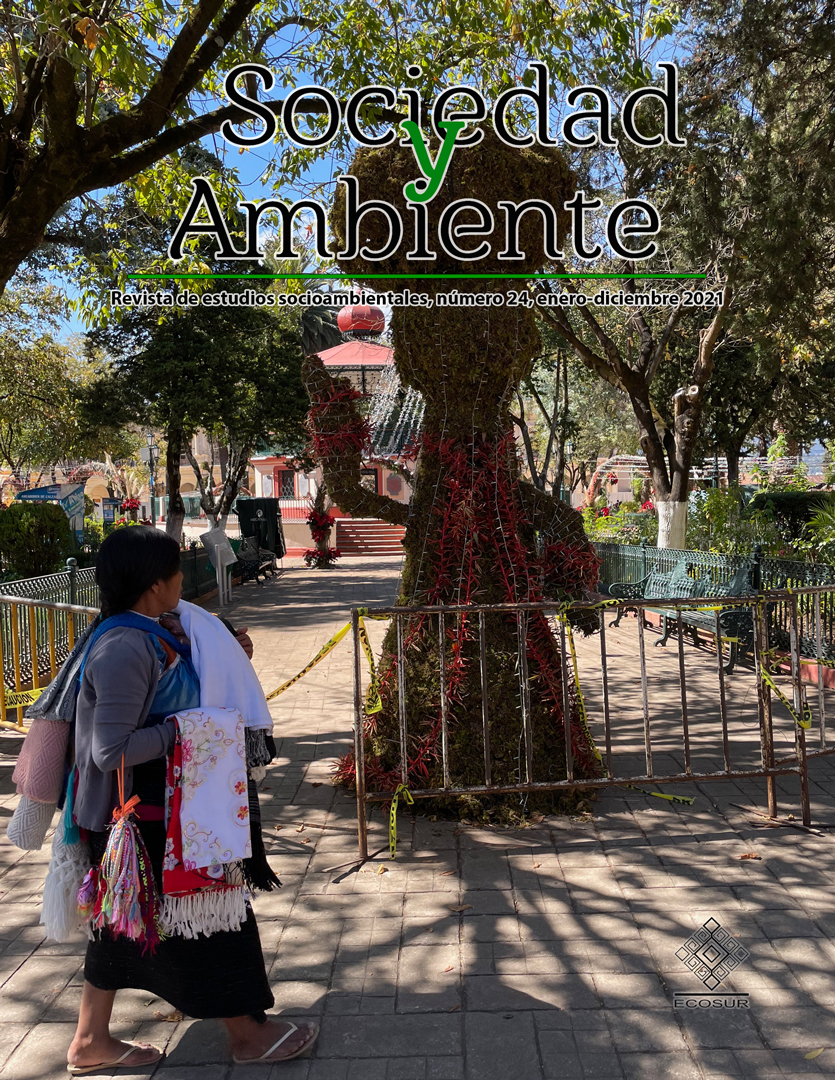Abstract
This paper reports the findings of a two-year project on the relationship between a university community and its sanitation issues, the potential benefits of decentralized urban sanitation, and methods for transforming university culture regarding these topics. Using a public university in Mexico City as a case study, the research included three phases: diagnosis, training, and promotion; design and building a dry toilet prototype; and evaluation. The phases were facilitated through interdisciplinary participatory methodologies. Our approach achieved a significant socio-technical transformation. We also discovered great interest in alternative sanitation systems within Mexico City. This research may help inform interdisciplinary and participatory interventions involving these systems.

Sociedad y Ambiente by ECOSUR is licensed under a Creative Commons Reconocimiento-NoComercial-SinObraDerivada 2.5 México License


